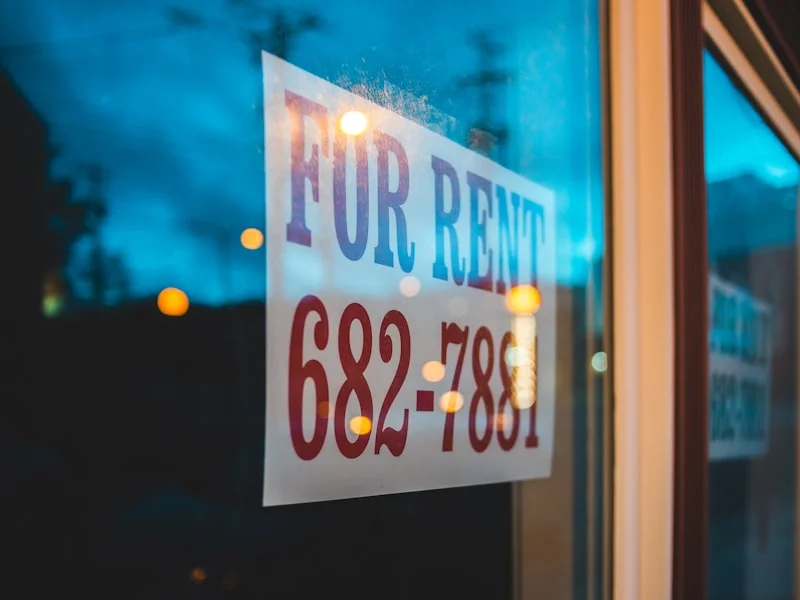How to Evict a Tenant Legally
Evicting a tenant is never an easy process, but sometimes it becomes necessary. Whether due to non-payment of rent, lease violations, or other breaches of contract, landlords must follow the law carefully to avoid legal repercussions. Understanding the proper steps to evict a tenant legally ensures a smoother process while protecting both your rights as a landlord and the tenant’s rights.
Understanding the Legal Grounds for Eviction
Before initiating an eviction, you must have a valid legal reason. Common grounds for eviction include non-payment of rent, violation of lease terms, property damage, illegal activities, or the tenant staying beyond the lease term without renewal. Each state has specific laws outlining acceptable reasons for eviction, so it’s crucial to familiarize yourself with local regulations.
Non-payment of rent is the most straightforward reason, but even then, landlords must follow proper procedures. Lease violations, such as unauthorized pets or subletting, may also justify eviction if the tenant refuses to correct the issue. In cases of illegal activity, landlords may have the right to expedite the eviction process, but evidence is essential to avoid disputes.
Reviewing the Lease Agreement
The lease agreement is the foundation of any eviction case. Before taking action, review the lease to confirm that the tenant has indeed violated its terms. Ensure that the lease includes clear clauses regarding rent payments, property maintenance, and prohibited activities. A well-drafted lease minimizes ambiguity and strengthens your position if legal action becomes necessary.
If the lease has expired and the tenant remains without renewal, check whether it transitions to a month-to-month agreement under local laws. Some jurisdictions require formal notice to terminate a month-to-month tenancy, while others may allow for automatic renewal under specific conditions. Knowing these details helps prevent unnecessary delays in the eviction process.
Providing Proper Notice
Most evictions begin with a formal written notice to the tenant. The type of notice depends on the reason for eviction. For non-payment of rent, a pay or quit notice gives the tenant a set period (often 3-5 days) to pay overdue rent or vacate. For lease violations, a cure or quit notice allows the tenant time to correct the issue before eviction proceedings begin.
If the tenant does not comply with the notice, the next step is filing an eviction lawsuit, also known as an unlawful detainer action. The required notice period varies by state, so verify local laws to ensure compliance. Skipping this step or providing insufficient notice can result in dismissal of the case, forcing you to restart the process.
Filing an Eviction Lawsuit
If the tenant fails to respond to the notice, you must file a complaint in the appropriate court. This involves submitting necessary documents, paying filing fees, and serving the tenant with a summons. Proper service of legal papers is critical—failure to serve correctly can delay or invalidate the case.
Tenants have the right to contest the eviction in court. If they file a response, a hearing will be scheduled where both parties present their arguments. Landlords should bring all relevant evidence, including the lease agreement, payment records, communication with the tenant, and documentation of violations. Being well-prepared increases the likelihood of a favorable ruling.
Attending the Court Hearing
Court hearings for eviction cases are typically brief but require thorough preparation. Present your case clearly, focusing on facts rather than emotions. Judges prioritize legal compliance, so demonstrating that you followed proper procedures strengthens your position. If the tenant raises defenses, such as claims of retaliation or uninhabitable living conditions, be ready to address them with evidence.
If the judge rules in your favor, they will issue a writ of possession, authorizing law enforcement to remove the tenant if they do not leave voluntarily. The timeline for enforcement varies, but tenants are usually given a short period (often a few days) to vacate before authorities intervene.
Handling Tenant Belongings After Eviction
After an eviction, landlords must follow state laws regarding abandoned tenant property. Some jurisdictions require landlords to store belongings for a specified period, while others allow immediate disposal if the tenant does not claim them. Sending a final notice to the tenant about their possessions can help avoid legal complications.
Improper handling of abandoned property can lead to lawsuits, so research local requirements carefully. Document all steps taken, including photographs of items left behind and records of communication with the tenant. This protects you in case of disputes.
Preventing Future Evictions
While evictions are sometimes unavoidable, thorough tenant screening can reduce risks. Conduct background checks, verify income, and contact previous landlords to assess reliability. Clear lease terms and consistent communication also help prevent misunderstandings that could lead to disputes.
Maintaining a professional relationship with tenants encourages timely rent payments and lease compliance. Addressing maintenance requests promptly and treating tenants fairly fosters cooperation, reducing the likelihood of conflicts escalating to eviction.
Conclusion
Evicting a tenant legally requires patience, attention to detail, and strict adherence to the law. From providing proper notice to attending court hearings, each step must be handled carefully to avoid setbacks. By understanding your rights and responsibilities as a landlord, you can navigate the eviction process efficiently while minimizing stress and legal risks.
If you’re unsure about any aspect of eviction, consulting a real estate attorney can provide valuable guidance tailored to your situation. With the right approach, you can resolve tenancy issues lawfully and maintain a successful rental business.

